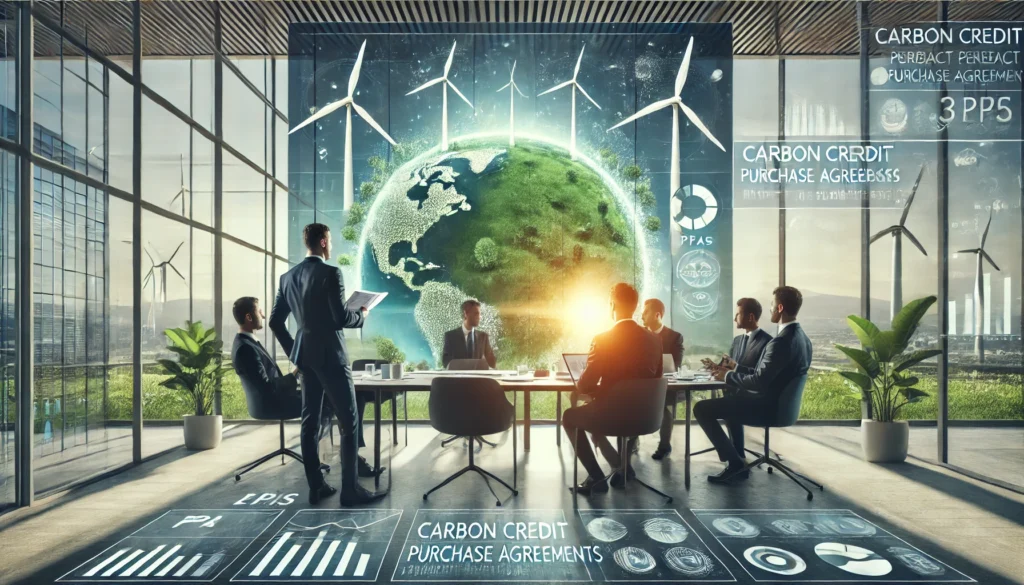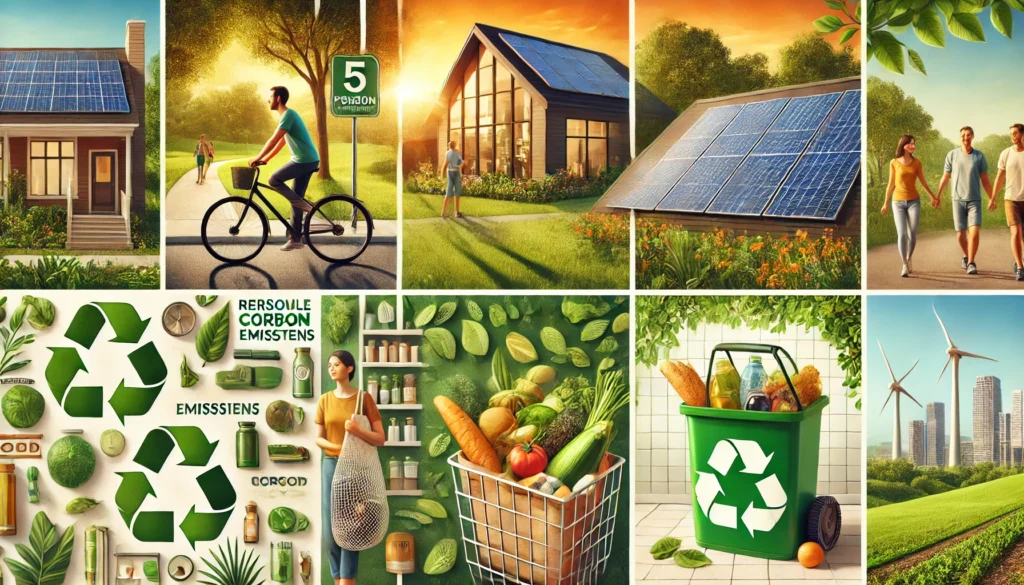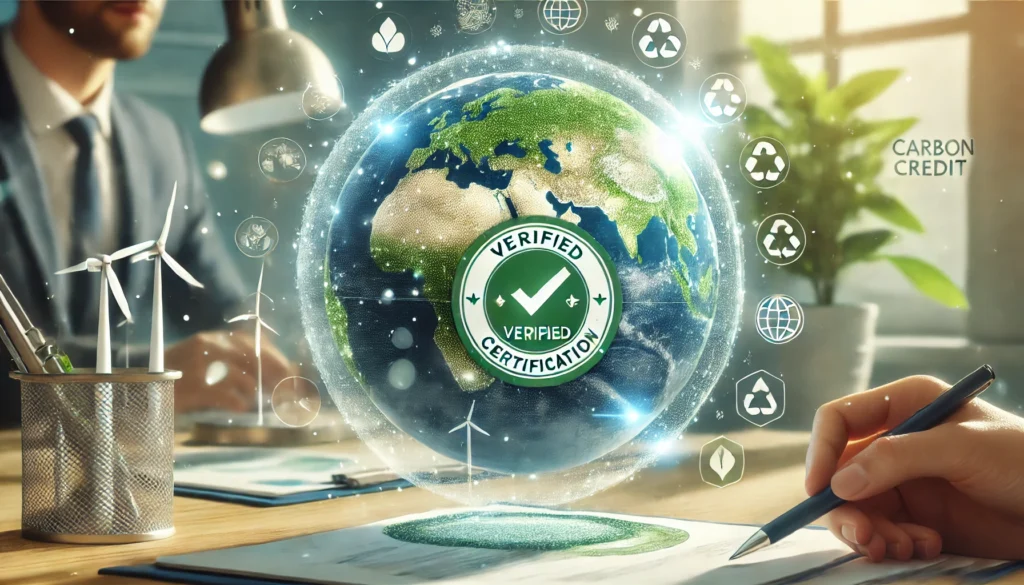Carbon Credit Purchase Agreements, also known as carbon PPAs, have emerged as a strategic solution for companies aiming to reduce their greenhouse gas (GHG) emissions and achieve sustainability goals. These agreements offer organizations a streamlined way to invest in carbon offset projects in a direct, planned manner. As global pressure mounts for more sustainable business practices and stricter environmental regulations, understanding how these contracts work is essential for organizations committed to sustainability.
In-depth Analysis
What Are Carbon PPAs?
A carbon PPA is a long-term contract in which a company commits to purchasing carbon credits generated by an offset project, such as reforestation, a renewable energy plant, or a carbon capture initiative. These agreements are similar to traditional energy PPAs but focus on acquiring carbon “offsets” used to neutralize the purchasing company’s emissions.
Importance and Regulatory Context
Carbon PPAs have gained significance as international regulations and commitments, like the Paris Agreement, encourage emission reduction. In various regions, local standards govern the validation and certification of carbon credits, ensuring they meet rigorous standards of sustainability and transparency. Companies adopting carbon PPAs not only enhance their sustainability image but also often gain fiscal and strategic benefits, particularly in countries with advanced environmental legislation.
Terms and Conditions of Carbon PPAs
Carbon PPAs generally include terms such as:
- Contract Duration: Agreements range from 5 to 20 years, providing long-term offset security.
- Certification and Verification: Credits must be certified by independent bodies (such as VCS or Gold Standard) to ensure their validity and environmental impact.
- Obligations and Commitments: The purchasing company commits to buying a specific number of credits over the contract term, providing ongoing support to the project.
Key Features of Carbon PPAs
Benefits of Carbon PPAs
- Contribution to Carbon Neutral Goals: Companies can use acquired credits to meet net-zero or negative emissions targets, depending on the necessary level of offsetting.
- Fiscal and Reputational Benefits: Beyond tax benefits, a carbon PPA can be a competitive differentiator, attracting customers and investors who value sustainable practices.
- Price Stability and Long-term Planning: The ability to secure stable prices for credits over the contract period is a financial advantage for the company.
Who Can Use Carbon PPAs?
Carbon PPAs are available to various entities:
- Large Corporations: Businesses looking to reduce their carbon footprint significantly over several decades.
- Public and Governmental Sector: Public entities aiming to offset emissions and meet local or national sustainability goals.
- Non-Governmental Organizations (NGOs): NGOs committed to carbon neutrality can use PPAs to offset emissions from their operations and events.
Comparisons and Guides
Comparison with Other Offset Models
Compared to one-time carbon credit purchases, PPAs offer a long-term commitment that allows for greater predictability. Unlike isolated transactions where companies purchase credits as needed, a PPA enables continuous and cost-effective planning.
Guide for Businesses: Step-by-Step for Implementing a Carbon PPA
- Identify Offset Needs: Calculate the amount of emissions your company wants to offset with carbon credits.
- Select a Certified Credit Provider: Partner with providers offering certified projects, such as VCS or Gold Standard.
- Negotiate Terms and Prices: Define the contract’s duration and pricing based on sustainability goals and company budget.
- Impact Monitoring and Reporting: Ensure the project has transparency in regular reporting, indicating the environmental impacts achieved.
Conclusion
Carbon PPAs are a powerful tool for companies looking to transform their operations and achieve long-term sustainability goals. Adopting these agreements enables companies to fulfill their sustainability promises credibly while driving significant change within a low-carbon economy. The increasing value placed on environmental responsibility is making carbon PPAs an increasingly popular choice among organizations committed to a sustainable future.


